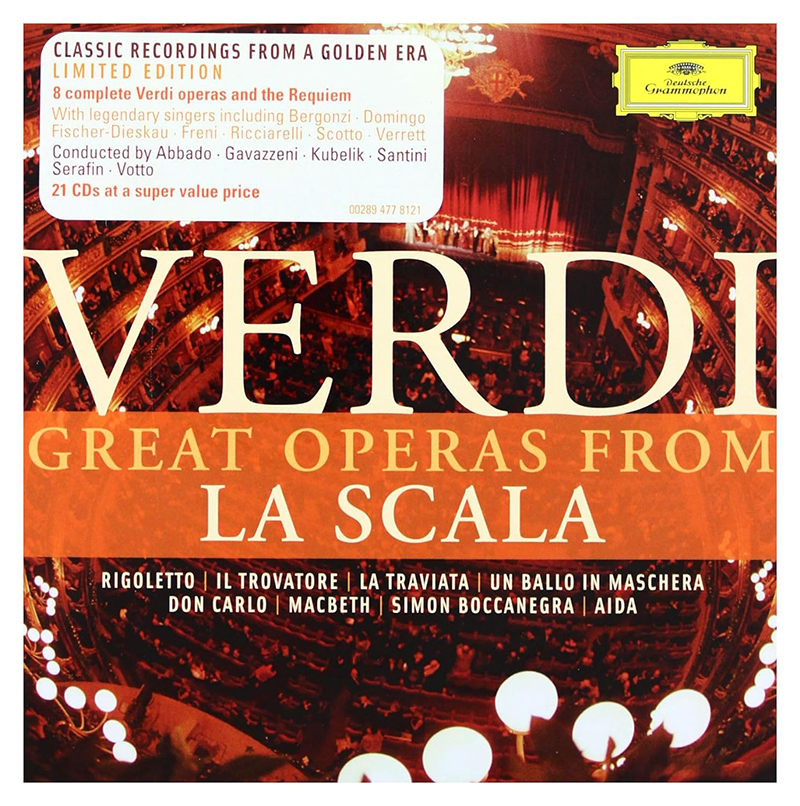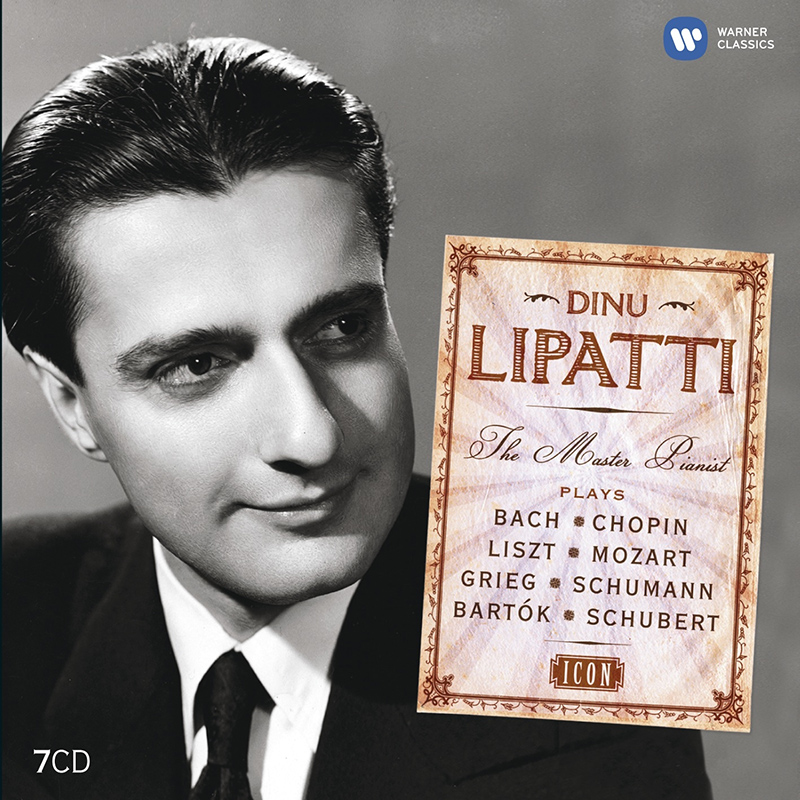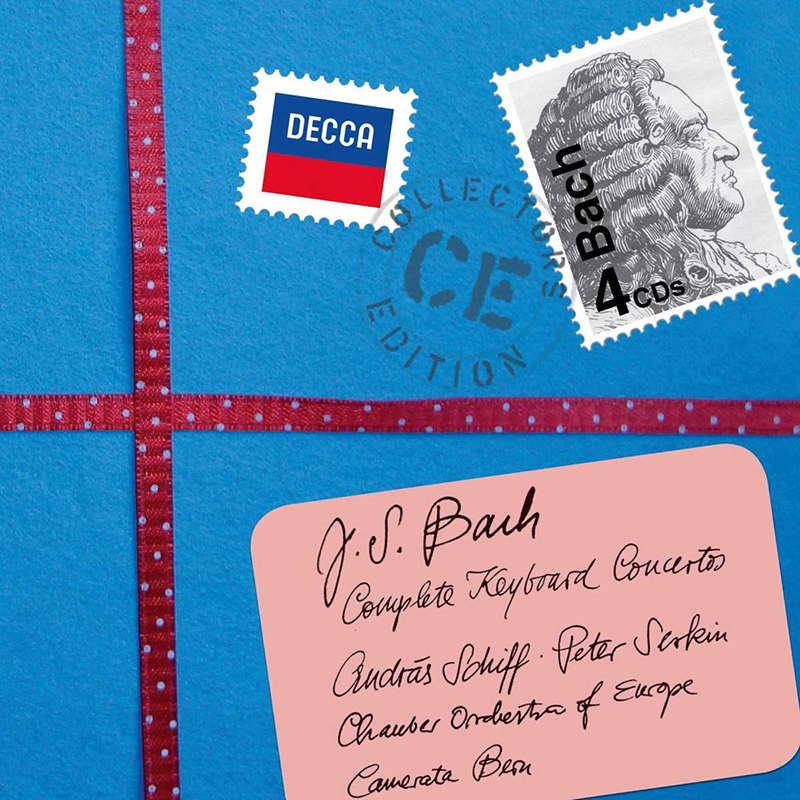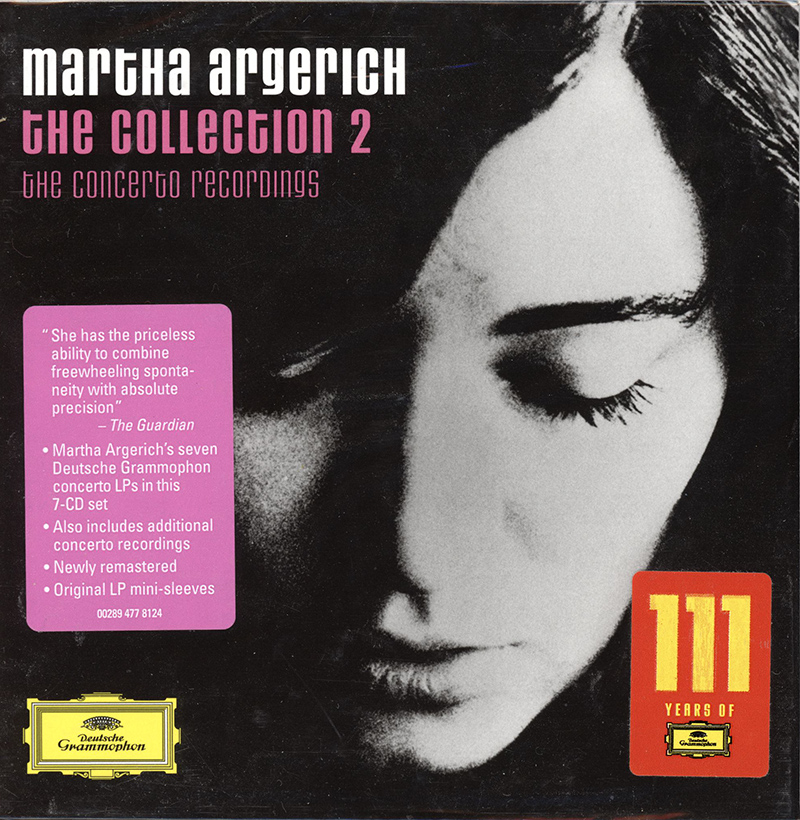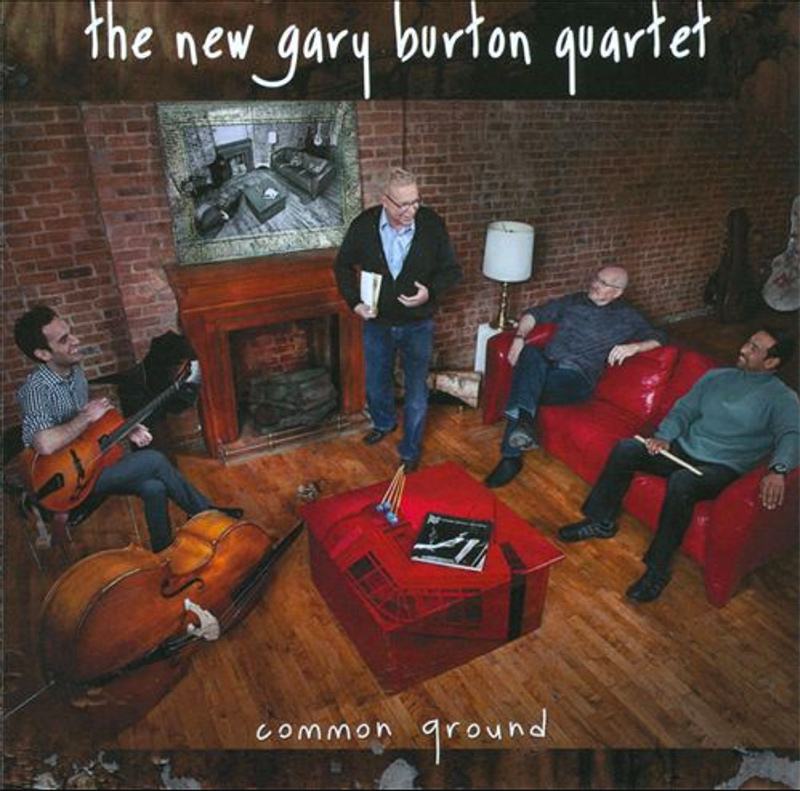Logowanie
KOLEKCJE!
BACH, CHOPIN, LISZT, MOZART, GRIEG, Dinu Lipatti, Otto Ackermann, Ernest Ansermet
The Master Pianist
PROKOFIEV, CHOPIN, TCHAIKOVSKY, SCHUMANN, BEETHOVEN, Martha Argerich, Claudio Abbado, Giuseppe Sinopoli
The Concerto Recordings
The Collection 2
Jakość LABORATORYJNA!
ORFF, Gundula Janowitz, Gerhard Stolze, Dietrich-Fischer Dieskau, Deutsche Oper Berlin, Eugen Jochum
Carmina Burana
ESOTERIC - NUMER JEDEN W ŚWIECIE AUDIOFILII I MELOMANÓW - SACD HYBR
Winylowy niezbędnik
ClearAudio
Essence MC
kumulacja zoptymalizowana: najlepsze z najważniejszych i najważniejsze z najlepszych cech przetworników Clearaudio
Direct-To-Disc
PIAZZOLLA, ChamberJam Europe
Tangos del Ángel y del Diablo
Direct-to-Disc ( D2D ) - Numbered Limited Edition
CHOPIN, Ewa Kupiec
Die Nocturnes
Immaculately polished jewels of reflective lyricism and poetic evocation, Chopin’s Nocturnes are among his most personal creations. They make particular demands on the pianist, made no easier by their deceptive simplicity. The young Polish pianist Ewa Kupiec presents these works in an unusual sequence, alternating between those she considers especially important and those of less significance. She is certainly a warm and sensitive player, generally choosing rather slow tempos, and demonstrating her clear sense of line and balance. Throughout, her playing has an honest clarity and directness. Sadly, though, it isn’t enough. She doesn’t really project a distinctive musical personality or temperament; her approach is straightforward almost to the point of blandness. She is neither intimate and confessional, nor, when required, forceful and impassioned, and her restricted expressive and dynamic range only hints at the richness of these works. Placed alongside Rubinstein’s incomparable recordings of the Nocturnes (either his first set from the 1930s, for many his most telling account, or his third set from the 1960s) her playing lacks natural shape, her rubato seems forced, and she doesn’t have the older pianist’s tonal sheen. Beauty of sound is especially important in the Nocturnes, and Kupiec’s tone is unfortunately rather hard, although this is accentuated by the recording. There are moments when this glassy quality is not inappropriate (the closing page of Op. 27 No. 2, for example), but otherwise I wished for more supple sound. The melodic line and melting trills of the posthumous C sharp minor Nocturne is a good example of the rigidity of some of Kupiec’s playing. Some pieces work better than others, of course, and I’ve heard Nocturnes far worse than these. But faced with the competition of complete sets from Rubinstein or, for those who want a modern recording, Pires (although even here the sound is rather close and analytical, hardly allowing for a soft glow), this disc is not an especially attractive option.' Author: Tim Parry

